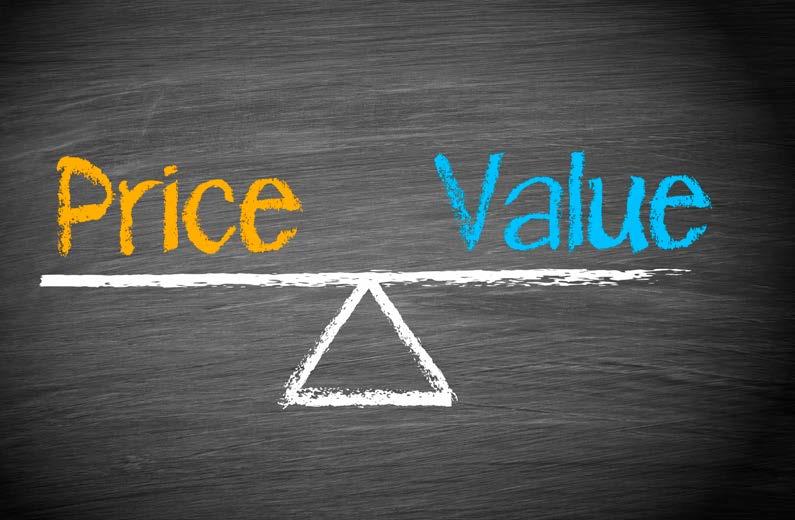
3 minute read
Beware of the Bargains
from Spotong Issue 19
by 3S Media
BEWARE OF THE BARGAINS PROCUREMENT
Why cheaper is not always best
Advertisement
With the South African economy struggling to grow and many companies tightening their budgets, it is very easy to fall into the trap of choosing price over quality when making purchase decisions.
On the surface, cheaper equipment may offer most of the features and benefits that the more expensive model offers, without the steep price tag. Sometimes the transaction is even termed a great bargain, whereby the buyer believes he got more value than what he paid for. But is it a bargain? Or are we sometimes unknowingly deferring the full payment, costing the business more in the long term? When it comes to practical equipment, have you ever wondered why one option is so much cheaper than another?
This doesn’t suggest that you should not consider price when purchasing business equipment. Of course it’s hard to justify investing money with an eye on the long term when there are other areas of the business that also need a cash injection. This also makes it easier to buy what is cheap now and not worry about the long-term impact. However, it is equally important that you ensure that the bargain of today does not turn out to be the money pit of tomorrow. As Benjamin Franklin once brilliantly put it, “The bitterness of poor quality is remembered long after the sweetness of a low price.”
Making empowered purchasing decisions
For many companies, the most popular purchasing method is for those using the equipment to provide the buyer with clear specifications of what they require. The buyer is then tasked with finding the cheapest supplier that meets those requirements.
Unfortunately, this is not always the best approach as inferior products may feature the same specifications. However, they are manufactured to a lower standard of quality and won’t last as long as a better quality product.
It is very easy to fall into the trap of choosing price over quality when making purchase decisions.
In some instances, the end-user does not provide their input into the purchasing of testing equipment. In such cases, your buyer may choose equipment on the basis of cost and because of their lack of experience on the qualities to look for, they may end up choosing the cheapest model or one that that looks impressive but lacks substance.
It is therefore prudent to consider business equipment purchases as an investment and to empower the people who make purchasing decisions so that they are better able to consider the overall impact of choices. Here are some of the issues to take into consideration when buying business equipment: • Does the model we would like to choose offer all the features needed to be able to efficiently execute the intended tasks to the best quality we can afford?
• What is the expected life-span of the equipment? This includes manufacturer guarantees, warranties in place and anecdotal history from previous users. • What is the projected cost of ownership of the equipment over its lifetime, when including estimates for repairs and estimated maintenance costs? Based on this, do you still believe that your cheapest buy is the most cost-effective option? • Is this particular model accredited and well-respected by the industry?
Does the use of the equipment or the results from it have legal or life-saving implications? • Can the business afford to operate for more than one day without the equipment in the event of equipment failure?
• Would equipment failure directly hurt the business’s operations or even its reputation among employees, clients and where relevant, affected legal and regulatory bodies? The biggest benefit of purchasing quality equipment is that, once the investment is made, you can focus on other aspects of the business with the assurance that your equipment will do what it’s supposed to, when it’s supposed to. You also have peace of mind knowing that your budget allocation is unlikely to be derailed by unexpected repair costs. Quality equipment is also good for employee morale, as they don’t have to waste time with faulty equipment or waiting for someone to repair the instrument, which ultimately affects their work.










